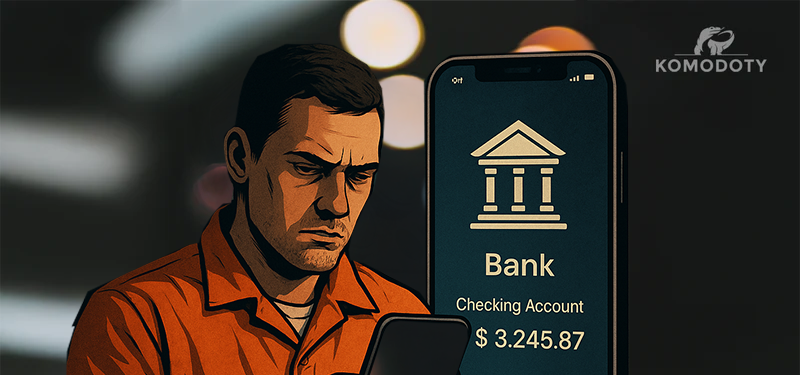Apple iOS 17.3 Revolutionary New Stolen Device Protection Feature
2 min read
Revolutionizing iPhone Security: Apple's Innovative Stolen Device Protection in iOS 17.3
Apple has consistently been at the forefront of mobile technology, often setting trends that others follow. Their latest update, iOS 17.3, is no exception, introducing a groundbreaking feature named 'Stolen Device Protection'. This feature, currently in developer beta, is a proactive approach to combat the ever-growing concern of iPhone theft.
The Wall Street Journal highlighted the need for such a feature earlier this year, and Apple has responded with a robust solution. Stolen Device Protection operates on a combination of location tracking, biometric verification, and time delays to provide a fortified shield against unauthorized access.
In the past, iPhone thefts in public spaces were alarmingly common. Thieves would observe users entering their passcode, swiftly steal the device, and then manipulate the Apple ID settings, including password reset, disabling the 'Find My' feature, adding a recovery key, and factory resetting the phone for resale. All these actions could be completed before the rightful owner could react, rendering the 'Find My' feature ineffective and the phone ready for resale.
However, with Stolen Device Protection enabled, an extra layer of security is added. When the user is away from trusted locations like home or work, the phone will require a Face ID or Touch ID verification to change the Apple ID password. Additionally, there's a mandatory one-hour delay before any changes can be made to the Apple ID on the device. This delay, coupled with the biometric verification, significantly reduces the chances of unauthorized access, providing the original owner ample time to report the phone as stolen and lock the perpetrator out.
The feature extends to other security settings as well. Actions such as adding recovery keys or updating the account's trusted phone number will now need two biometric scans, spaced an hour apart, if the user is not in a familiar location. Moreover, iCloud Keychain passwords, which are part of Apple's built-in password manager, will now require a Face ID or Touch ID scan, with the passcode no longer acting as a fallback for failed biometric scans when Stolen Device Protection is active.
Apple is expected to prompt users to activate this feature in the final release of iOS 17.3. This initiative not only enhances the security of individual iPhones but also potentially reduces the overall incidence of phone thefts, as thieves find it increasingly difficult to bypass these security measures.
For those eager to try this feature, patience is key, as the general release might still be a few weeks away. In the meantime, it's always wise to keep your devices updated and secure. And if you're looking for accessories that complement your iPhone's security, Komodoty.com has a range of products designed to harmonize with Apple's technology, ensuring your device is not only secure but also stylish and functional.
Stay tuned for more updates on the latest in mobile technology, where innovation meets practicality in every update.




Leave a comment
This site is protected by hCaptcha and the hCaptcha Privacy Policy and Terms of Service apply.